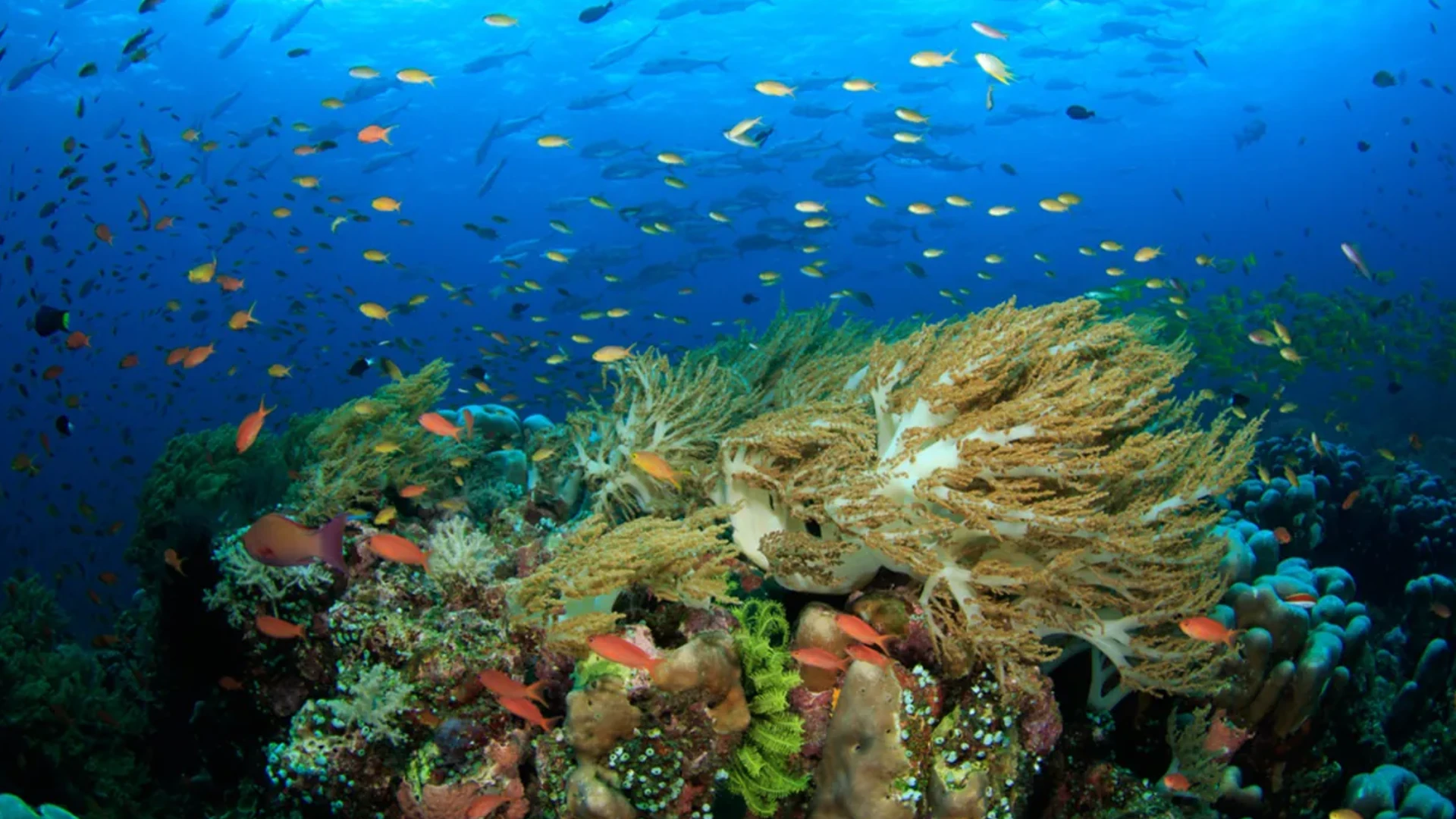Global Reef Monitoring Network (GRMN) data shows the world lost over 14 percent of its ocean coral between 2009 and 2018.
A new report issued by the group of researchers who monitor coral reef ecosystems in oceans around the world to conserve and manage them has revealed that climate change is devastating coral ecosystems and that unless greenhouse gas emissions are drastically cut, very few coral ecosystems will survive.
The decline of 14 percent is of grave concern to David Obura, lead editor of the report and chairman of the coral specialist group for the International Union for Conservation of Nature. Finance is concerned with half-percent declines and half-percent changes in employment and interest rates.”
According to the findings, the first global coral bleaching event occurred in 1998 – when coral turns white due to external stressors, reducing their ability to support marine life. However, coral ecosystems have since recovered and thrived again. This no longer seems to be the case.
In addition to rising ocean temperatures, coastal development, declining water quality, and overfishing are all putting continuous stress on coral reefs worldwide.
The analysis was the largest of its kind ever conducted, according to the National Oceanic and Atmospheric Administration (NOAA). The analysis used data from more than two million observations made by over 300 scientists at nearly 12,000 sites in 73 countries over 40 years.
Despite occupying a relatively small area of the world’s oceans, coral reefs have an enormous impact. Almost a billion people around the world get their protein from the ocean in the form of fish.
